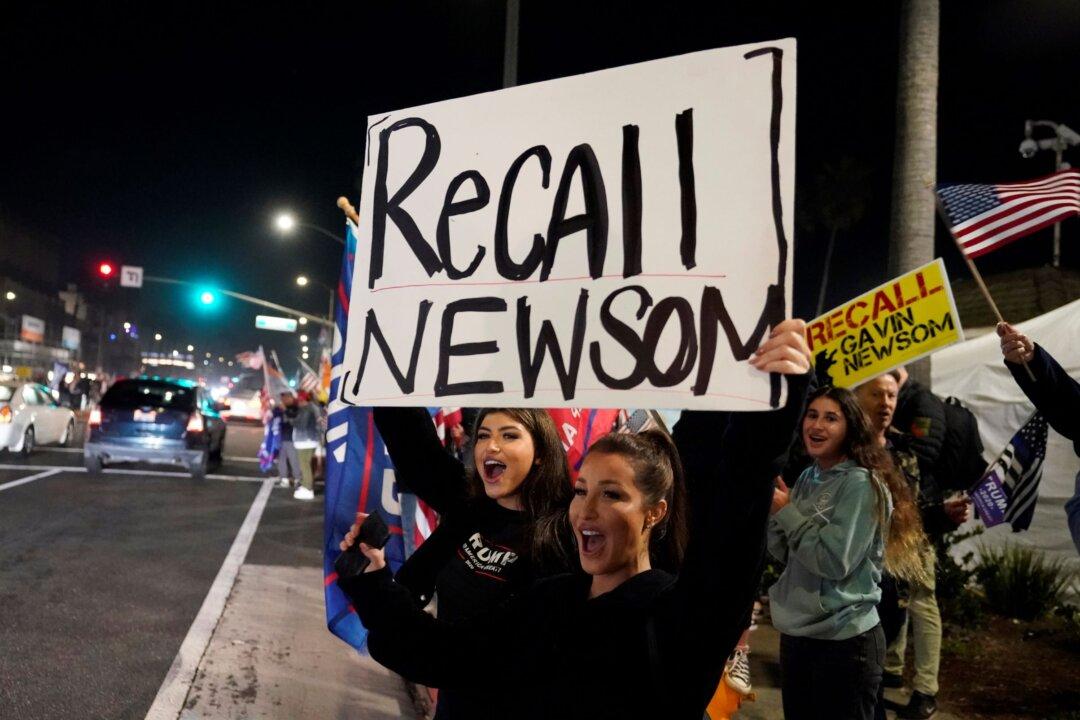Commentary
The nation has seen three major gubernatorial recalls of note in the last two decades—two of them in California and one in Wisconsin.

The nation has seen three major gubernatorial recalls of note in the last two decades—two of them in California and one in Wisconsin.